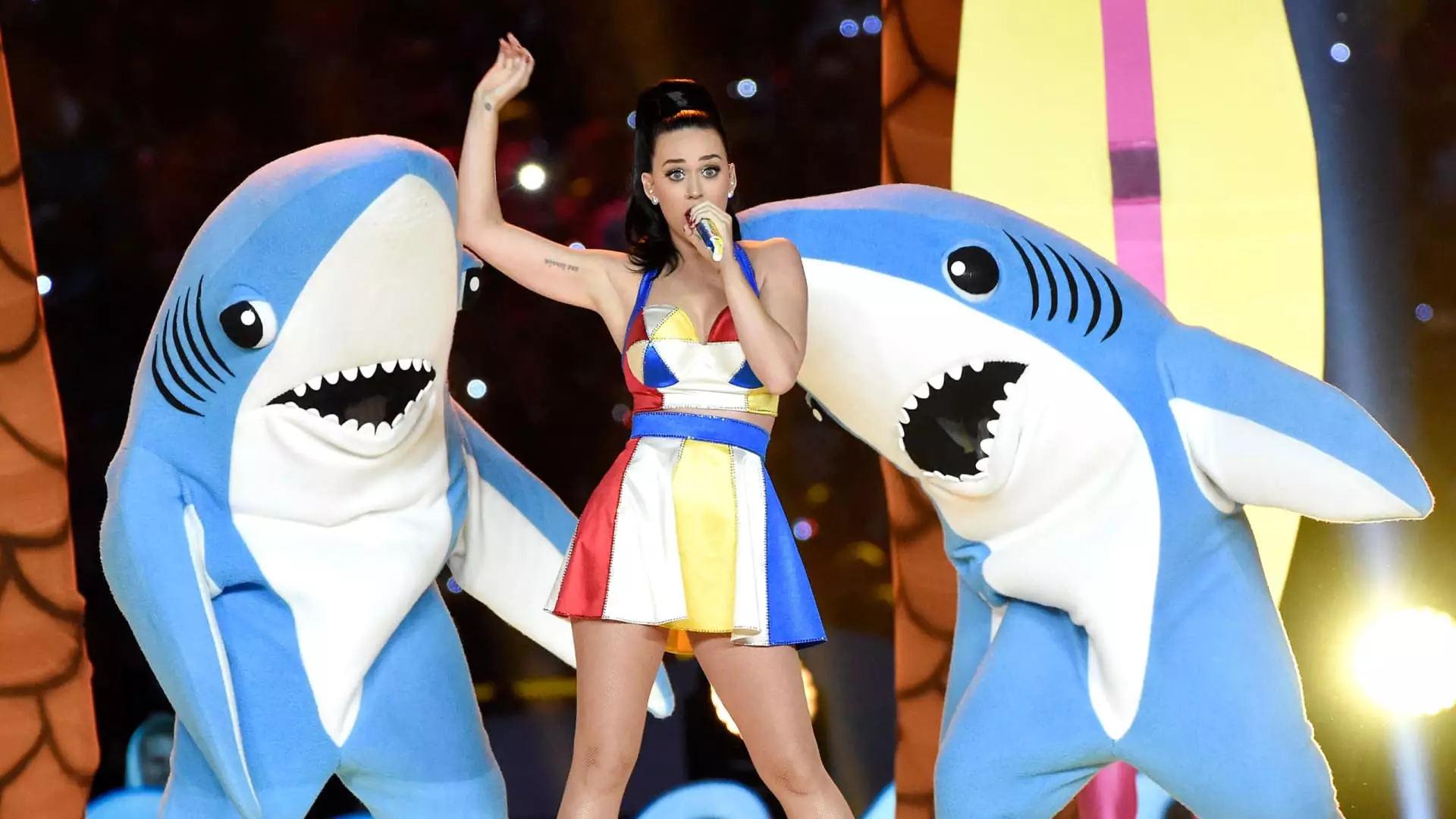In good times and in bad, pop music has always reflected the world around us. Despite the current positive economic indicators showing an expanding economy and low unemployment rates, recent hit songs seem to paint a different picture. Artists like Taylor Swift and Beyoncé have tapped into themes of frustration, financial vulnerability, and worker burnout in their latest albums. This shift in lyrical content has resonated with listeners, with lines like “I cry a lot, but I am so productive, it’s an art” showcasing a more emotional and reflective tone in popular music today.
Economists have noted a growing disconnect between the economy’s performance and how individuals feel about their financial well-being. This has led to the emergence of what experts are calling a “vibecession” or a “silent depression.” The resurgence of recession pop, a term used to describe the body of music that emerged during the Great Recession, is becoming more prominent in today’s music landscape.
Recession pop is seen as a form of curating the collective experiences of a generation during times of economic uncertainty. Music experts like Charlie Harding describe it as a trend that helps people make sense of senseless events that impact society. During the Great Recession, artists like Katy Perry dominated the charts with upbeat and energetic songs that served as an escape from economic hardships.
Historically, music has mirrored major economic trends and societal issues. From the emergence of house and techno music during the 1980s economic downturn to the party anthems that dominated the charts during the Great Recession, popular music has always responded to the prevailing economic conditions. The return to recession pop hits today reflects a desire for escapism and nostalgia for a simpler time.
Recent reports show that financial well-being is deteriorating, especially among young adults who are struggling to make ends meet. Generation Z, in particular, faces challenges related to income, housing affordability, and reliance on financial assistance from family members. The resurgence of recession pop is a reflection of these societal struggles, distrust of corporations, and the economic environment inherited by younger generations.
The resurgence of recession pop in today’s music scene reflects a desire for escapism and nostalgia among listeners. The themes of financial vulnerability, frustration, and emotional struggle resonate with individuals who are facing economic uncertainties and challenges. By revisiting the sounds and lyrics of the past, artists are creating a space for reflection, emotional release, and connection with their audience.

Leave a Reply